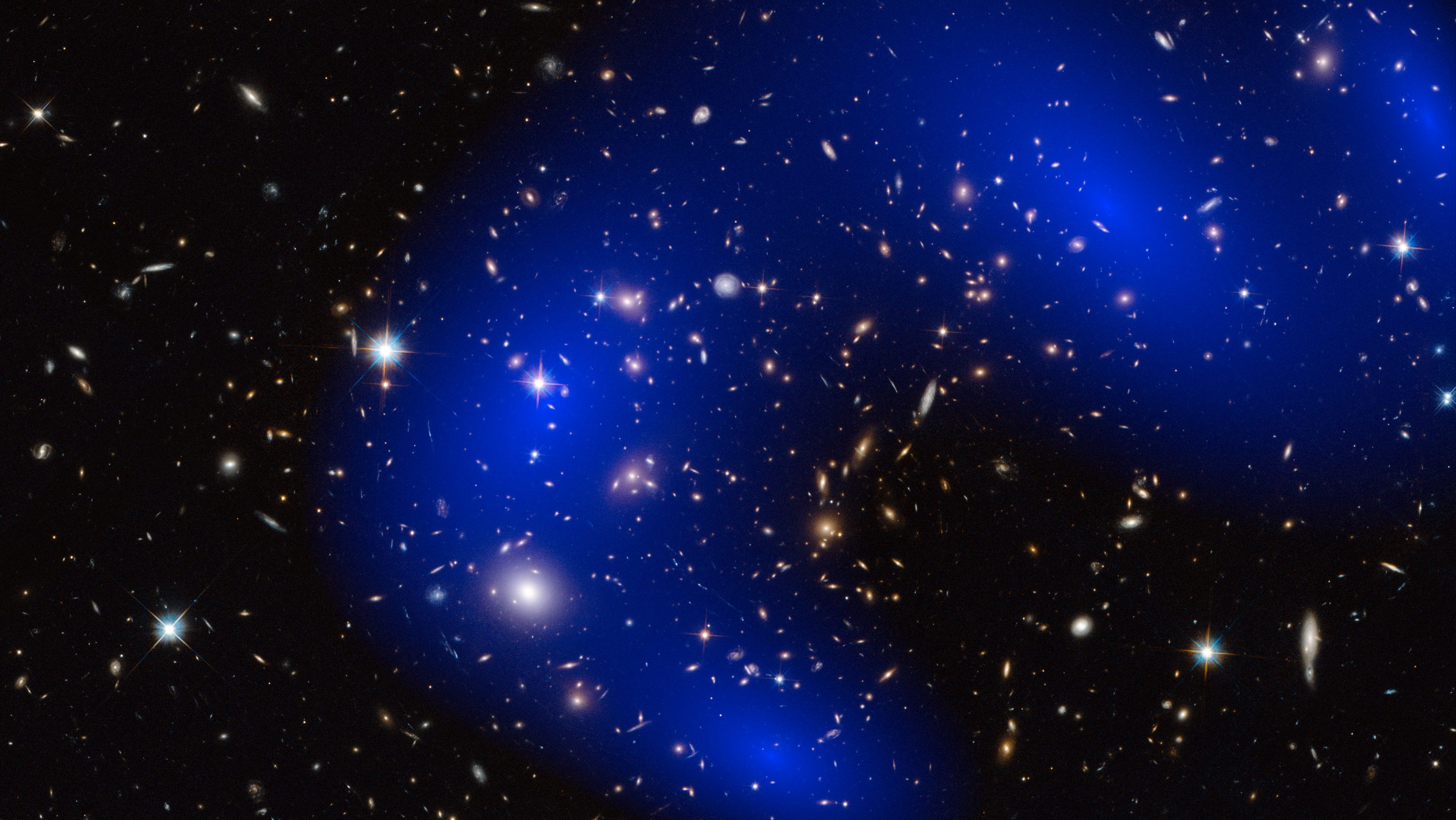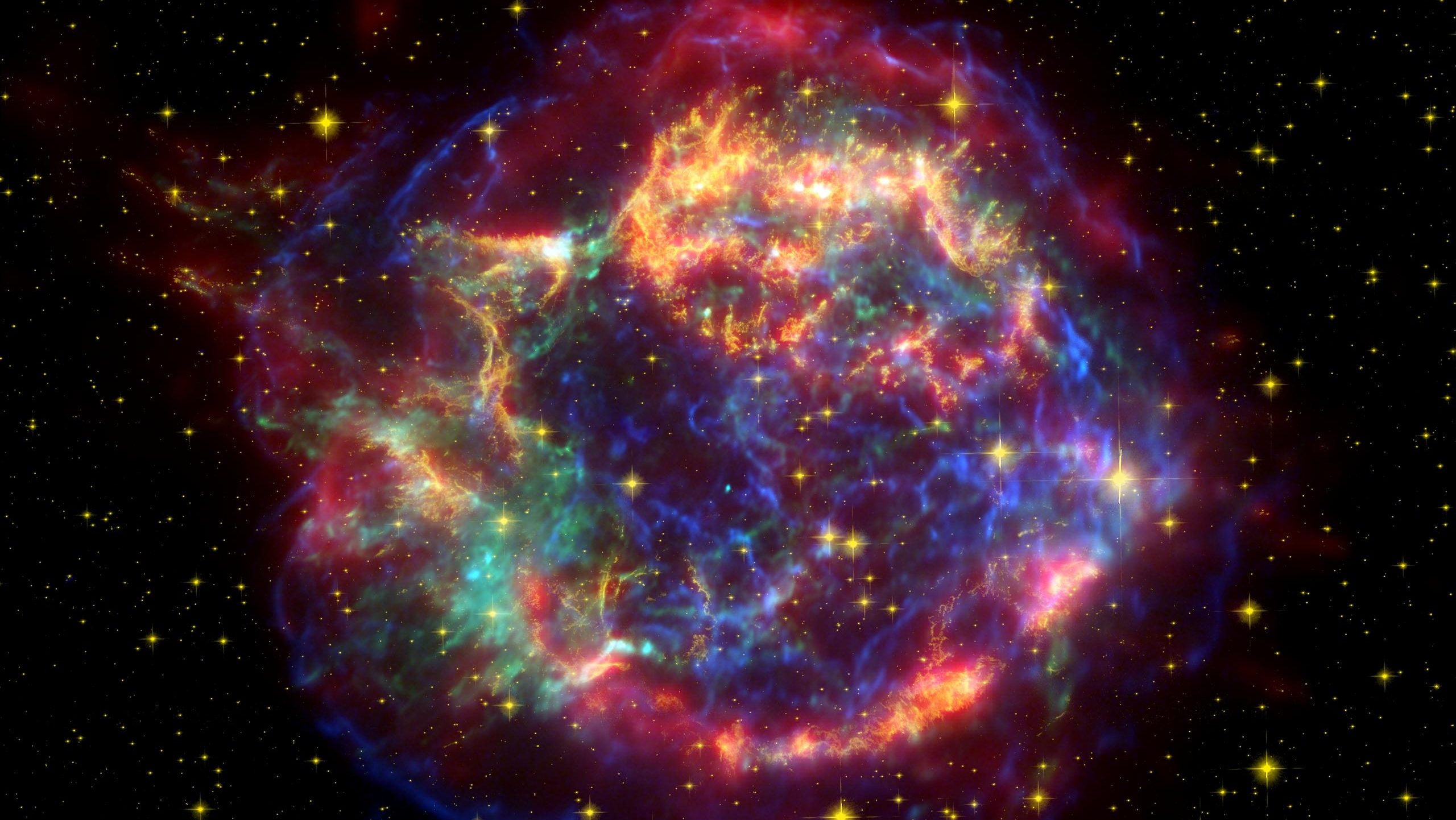Doubting Dark Matter
The standard cosmological model holds that most of the matter in the universe remains missing in action; now a small but vocal group of cosmologists is challenging that model.
Sign up for Big Think on Substack
The most surprising and impactful new stories delivered to your inbox every week, for free.
Evidence of dark matter’s influence on the cosmos stretches back to the 1930s and has only gotten stronger in recent years. But the dark stuff itself has yet to be detected, either directly, in particle physics laboratories as a new subatomic particle, via neutrino telescopes also operating in the subatomic realm, or with concrete evidence of such hidden matter using telescopes operating in the electromagnetic spectrum. “Dark matter comes about because people unquestionably find mass discrepancies in galaxies and clusters of galaxies,” says Mordehai Milgrom, an astrophysicist at the Weizmann Institute of Science in Rehovot, Israel.
Sign up for Big Think on Substack
The most surprising and impactful new stories delivered to your inbox every week, for free.





